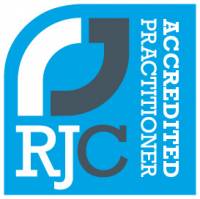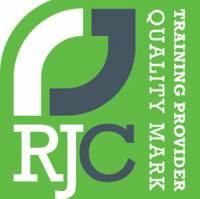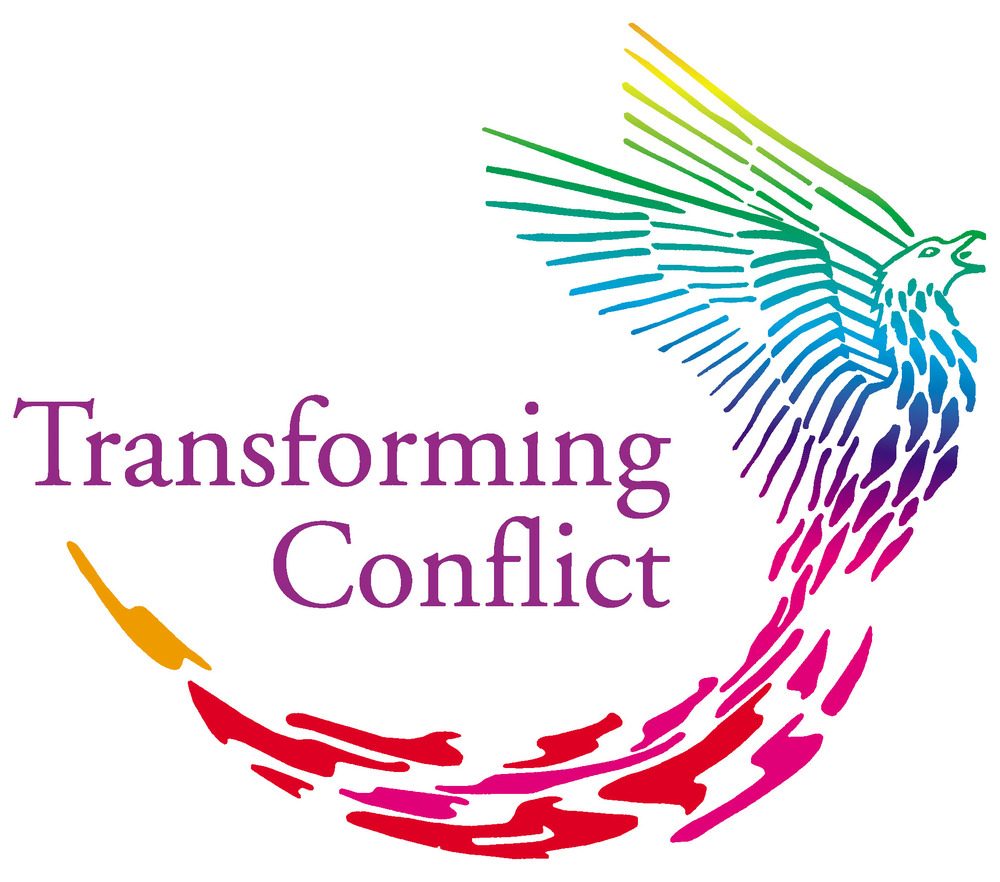We offer training for educators, care staff, youth justice professionals and the wide range of staff supporting families and children in a local authority.
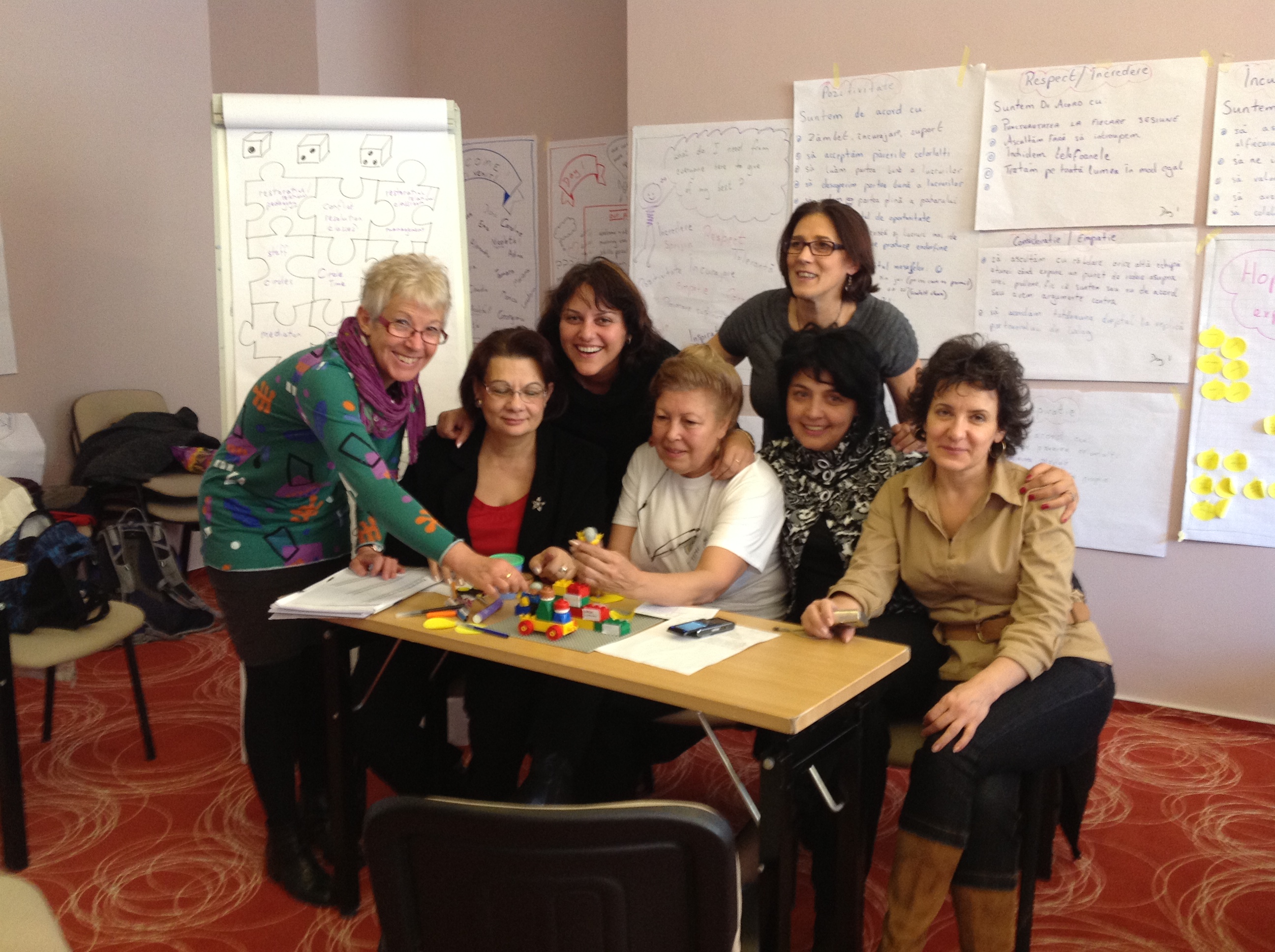
After attending our courses you are likely to:
- Feel much more confident dealing with conflicts in both your personal and your professional life
- Have the skills to supporting others to resolve their conflicts, using informal and more formal mediation skills
- Be able to call on more advanced skills to address challenging and harmful behaviours using restorative conferences
- Find yourself using different language to address low- level disruption
- Think differently about how to prevent bullying, and also how to address it when it happens, whether amongst adults or young people
- Have a consistent and applicable set of strategies for reducing the use of sanctions
- Feel motivated to develop the self-regulation skills and inner moral compass of those with whom you work.
- Know how to facilitate circle meetings to build a sense of community and belonging
- Believe that putting things right when they go wrong is more effective than punishment
- Be willing to explore new strategies for managing change and overcoming the fear of, and resistance to,change
- Be inspired to review the way you interact with people of all ages, and at every level of your work.
Restorative Approaches
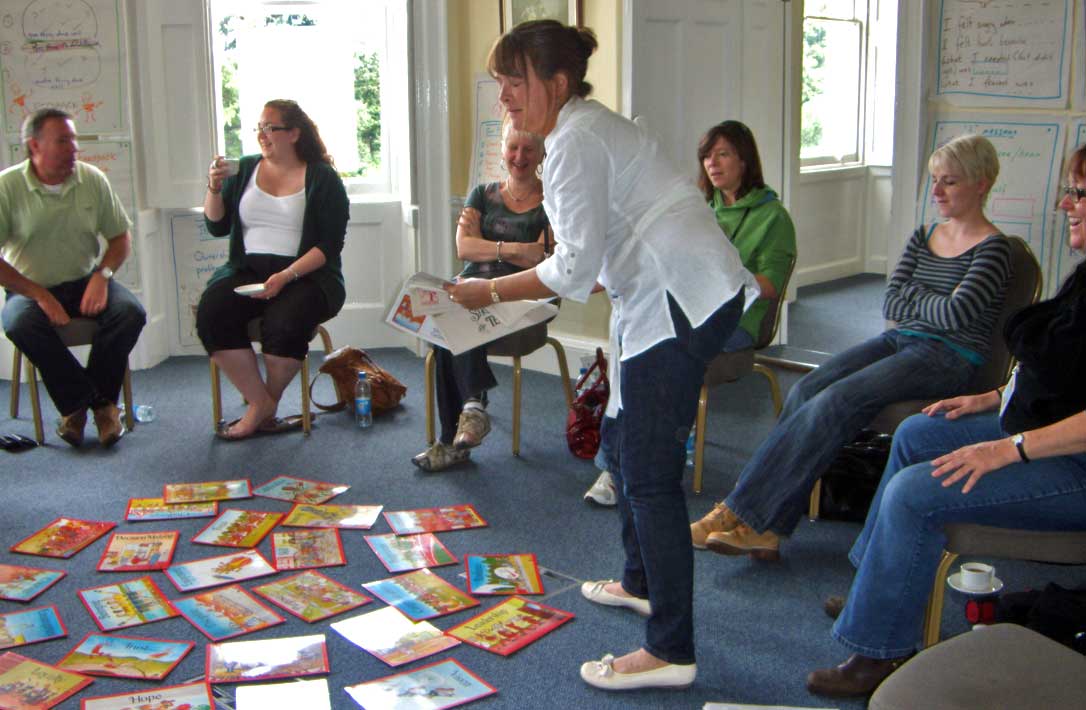
- Our most popular course types are divided up into modules – each module lasts a day (or 8 hours, including refreshment breaks)
- We can deliver our courses separately over a period of time, in one whole block or in any combination of days.
- Attendance at each module in turn is required as each one builds on what has been learned and practised in the previous module.
- All modules are recommended for individuals supporting an institution or workplace that is looking to become totally restorative. A full course covers the restorative justice Council requirements for conference facilitator training.
- Participants receive a manual and other useful resources relevant to their sector for each module.
- We can design tailor-made courses for your staff or team on any aspect of a restorative approach – from community building and interpersonal conflict resolution to facilitation of large group problem-solving circles.
- We can offer bespoke training to help you prepare for, and gain, the RJC Quality Mark for your institution or organisation
We are a Registered Training Provider with the Restorative Justice Council, and adhere to the RJC Trainers Code of Practice which means that all our courses are based on the Best Practice Guidelines for Restorative Practitioners and the appropriate National Occupational Standards for Restorative Practice for that module. Director Belinda Hopkins has been part of working groups with both the Home Office and the RJC to help shape both the Best Practice Guidelines for Restorative Practitioners and the National Occupational Standards for Restorative Practice. She is one of the first people in the country to gain the prestigious Accredited Practitioner award, and so she can now use her knowledge and experience to support others gain the award.
We explain HERE how our course structure relates to the RJC Trainers’ Code of Practice requirements so that commissioners can compare us with what other training providers offer.

